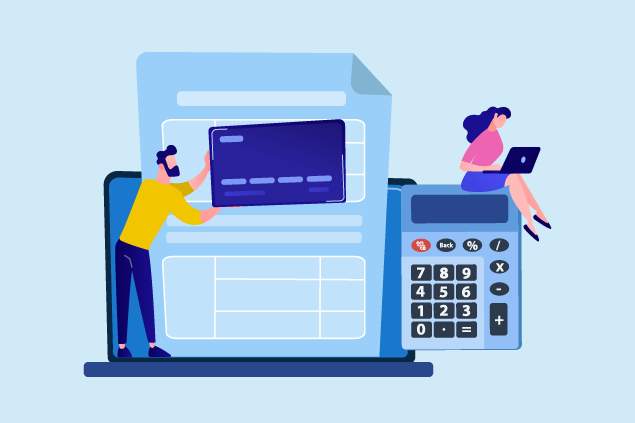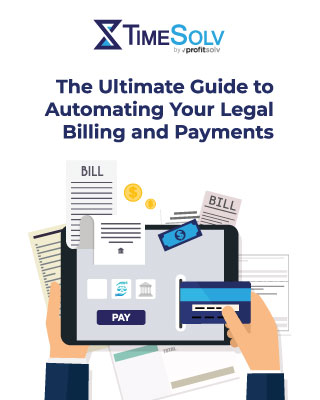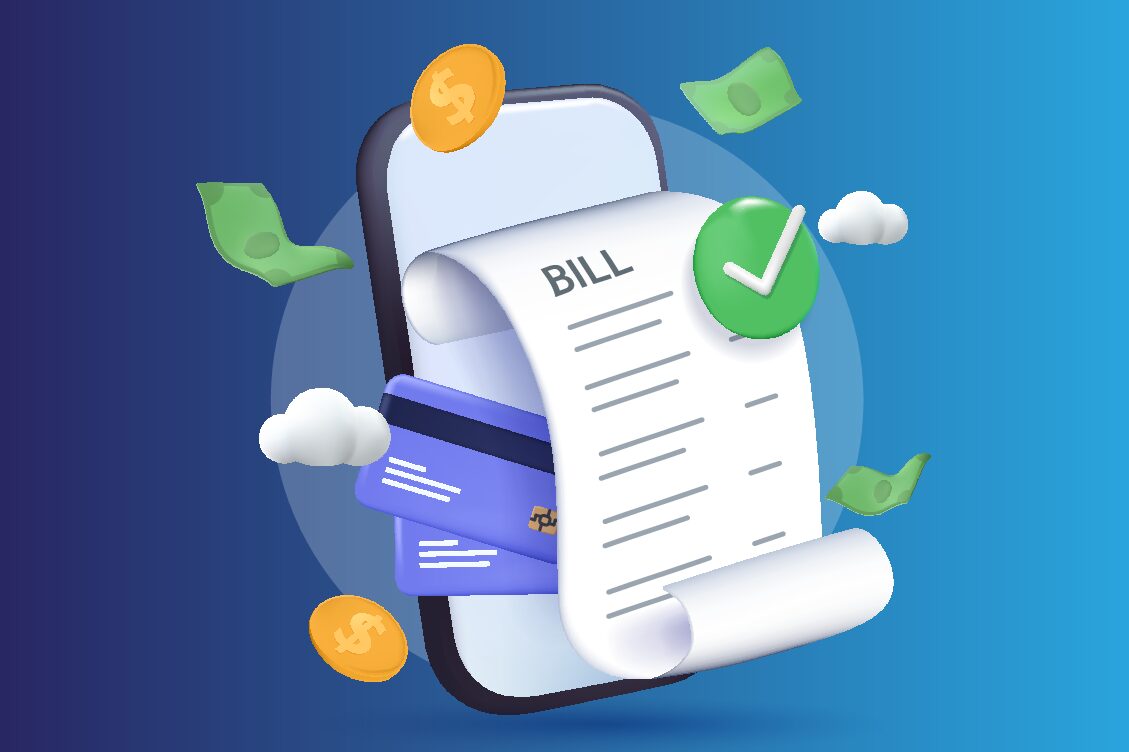Passing on credit card fees to clients has been hotly debated, but most of the country has agreed: Credit card surcharge should be available to law practices and merchants alike.
At the time of publication, this practice is allowed in all but two states; Connecticut and Massachusetts are still working to turn the tides. Everywhere else, surcharging is officially on the menu.
Note: Always check with your local bar association for the most updated information in your state.
What is Credit Card Surcharging?
For anyone new to the term, surcharging is a payment processing option allowing law firms to pass on credit card fees. Clients who want to use their credit card must pay an additional fee for processing costs.
You may have come across no-fee credit card processing. This is typically just surcharging wrapped up in a packaged service—usually with an increased merchant fee.
Setting up a surcharging program can be complicated, but once done, it runs automatically.
Surcharge rules do differ from state to state. There are federal laws and state laws that need to be followed to implement surcharging legally.
The Ultimate Guide to Automating Your Legal Billing and Payments
To stay competitive in today’s legal landscape, law firms must embrace the power of technology, especially when it comes to billing and payments.
The best way to improve your law firm’s cash flow while also increasing client convenience is 'Automation'.
Download our free guide to improve your legal billing and payment process today!
Why Should Law Practices Consider Implementing a Surcharging Program?
Credit card processing fees take a significant chunk out of your bottom line. Law firms of all sizes feel the stress of it. But small practices, in particular, can be crushed by these fees.
To be competitive, you have to accept card transactions. There’s no way around it. The only choice some practices have is adding surcharge fees instead of fully shouldering the processing costs.
Clients can choose to pay the fees or select an alternative form of payment. Cash payment incentives are a popular alternative.
Can Credit Card Surcharges Be Passed to Clients Using a Debit Card?
No. Surcharge fees cannot be added to debit card transactions or prepaid cards. This makes debit cards one of the alternative forms of payment your clients could select. Sure, it does mean you must pay your payment provider the debit card processing fees; however, debit card processing fees are capped, and the interchange rates are less than credit card processing rates.
What are the Steps Involved in Starting and Running a Credit Card Surcharging Program?
Setting up a credit card surcharging program requires a reasonable amount of work. To do it all yourself, you must follow these steps carefully. Also, be sure to check your local rules and follow them.
We can handle much of the following if you’re utilizing our payment processing service, TimeSolvPay. Still, there are best practices that every firm should consider to keep their client relationships strong as they transition.
Step-by-step, here is all you need to do to set up your credit card surcharging program:
1. Explore your options with your merchant service provider
Not all merchant account providers have the capabilities or services for surcharging. You may have to switch vendors to set up your surcharging program.
Even if they offer a surcharging service, a review is wise to ensure you’re getting the best solution. If you have to swap, consider a provider like TimeSolv, with features like TimeSolvPay, who helps you set up your payment solution and teaches you how to integrate it seamlessly with your practice management software.
2. Notify the appropriate people
When you set up surcharging, most card networks need written notice at least 30 days before its introduction.
The easiest way to approach this is to call your merchant account provider and ask who you need to notify. TimeSolvPay has all the necessary information on hand to save you time searching online.
3. Plan your communication with clients
There is no legal requirement to tell clients beforehand that you plan to introduce surcharging. But it is advised. Communicating this intention to clients before it’s in place shows respect. It is a window where clients can feel grateful they don’t have to pay fees yet. It also gives them time to consider why you would introduce this. It helps to build empathy with your motives.
Once surcharging is in place, you’re legally obligated to post signage. These go at the entrance and the point of sale and must be clearly visible. In this disclaimer, you must highlight the rate charged and communicate that it is not more than the processing fees. You must also state this clearly on your checkout page for all online payment processing.
Surcharging State Law and Card Brands FAQs
If you opt to introduce surcharging, you have to pay attention to the legal limits of this course of action. These can change state by state. Surcharge laws are subject to change. Always check with your local bar association for the most updated information in your state.
Where is credit card surcharging illegal?
Unfortunately, Connecticut and Massachusetts do not currently allow surcharging. Puerto Rico also does not allow surcharging at this time.
Where are there anomalous surcharge rules?
California, New York, Florida, Texas, and Kansas have anti-surcharging laws. Class action lawsuits are being fought in many of these locations to have the laws overturned.
Colorado also has its own rules. The state’s laws give merchants the option to surcharge at 2% or implement a surcharge equal to the merchant’s processing costs, effectively passing them on to consumers.
In California, there is a unique process where customers can report merchants to the Attorney General if they feel their surcharging practice is misleading. Californians must be extra cautious about following the state laws and card network policies.
Meanwhile, New York allows surcharging if the merchant posts the credit card price in dollars and cents.
Planning to Implement Credit Card Surcharging?
With the forced shift to cashless payments in recent years, the case for surcharging has gained popularity. Switching to card transactions may have been convenient for clients, but small practices really felt the sting.
That’s why surcharging—when implemented correctly and ethically—is a practice worth considering.
If you’re looking to save on credit card fees through surcharging, get in touch with TimeSolv and learn more about TimeSolvPay—we’ll help you get up and running with the right program for your practice.
The Ultimate Guide to Automating Your Legal Billing and Payments
To stay competitive in today’s legal landscape, law firms must embrace the power of technology, especially when it comes to billing and payments.
The best way to improve your law firm’s cash flow while also increasing client convenience is 'Automation'.
Download our free guide to improve your legal billing and payment process today!


















